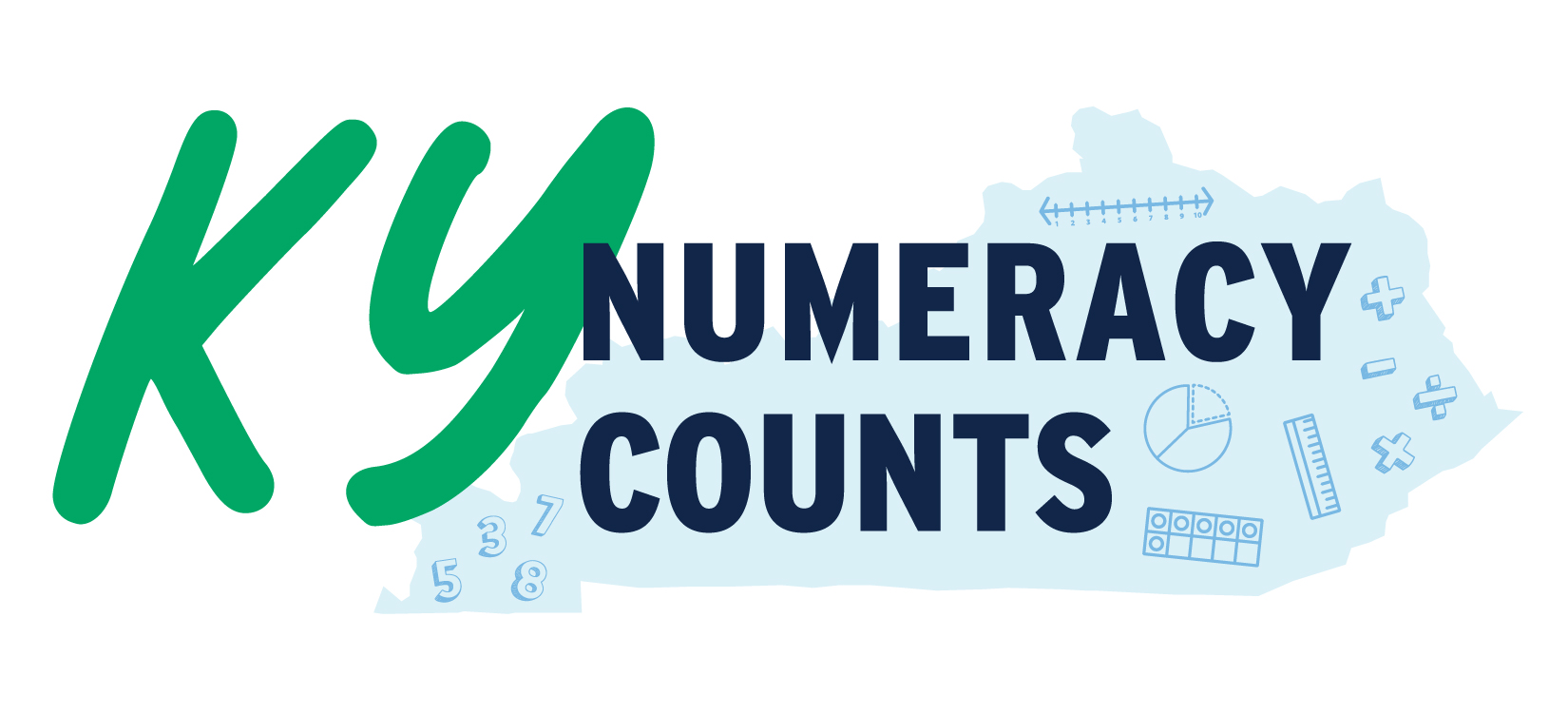 The first cohort of teachers recently completed the Kentucky Reading Academies professional learning program, and participants offered glowing reviews of this research-based approach.
The first cohort of teachers recently completed the Kentucky Reading Academies professional learning program, and participants offered glowing reviews of this research-based approach.
Educators called the professional learning opportunity “eye-opening” and “informative,” as many veteran teachers reported it was the best professional learning experience of their careers. Participants noted that the content, presented through a blended model of print materials, self-paced asynchronous learning and live virtual sessions with a trained facilitator, has helped them gain foundational literacy skills, allowing them to better support Kentucky’s youngest learners.
As one instructional coach stated, “I have learned more in the past year about how children learn to read than I learned getting a bachelor’s or two master’s degrees.”
Implemented in 2022 after the passage of Senate Bill 9, also known as the Read to Succeed Act, the Kentucky Reading Academies aim to transform literacy instruction across the state by offering an opt-in, no-cost professional learning opportunity to both K-5 educators and administrators.
The goal behind the academies is to promote educators’ knowledge, beliefs, and classroom instruction in evidence-based literacy practices, to ultimately improve student reading outcomes. Facilitated by the Kentucky Department of Education, the academies provide access to Lexia’s Language Essentials for Teachers of Reading and Spelling, better known as LETRS, an evidence-based professional learning for both educators and administrators that is rooted in the science of reading.
An external evaluation of the Kentucky Reading Academies in June 2024 by ICF revealed that motivation to participate in the first two cohorts of LETRS for Educators was grounded in the desire to better support students’ literacy growth in grades K-5.
Among many gains due to the research-based LETRS content, educators established a more nuanced understanding of why reading is difficult and what the brain does when it reads. LETRS further supported these literacy fundamentals by providing educators with strategies to assist all students, including those who struggle with reading.
In surveys and focus groups, many educators found the LETRS content and the strategies for students both engaging and practical, noting that what they learned was easily implemented within the classroom.
“LETRS strategies are really engaging, so for our children that may struggle in the classroom … they are able to stay focused,” a 1st-grade teacher said. “And there are lots of great resources in the back of the LETRS manuals, like phonemic awareness assessments.”
Survey results from the external evaluation indicated that LETRS participation influenced implementation of high-quality instructional resources (HQIRs). More than 75% of respondents said they believed their participation motivated them to implement their district-approved HQIR into their classroom practice.
This finding is significant, as an analysis of Kentucky Summative Assessment Reading data found that grade 4 and 5 students in districts that adopted and implemented an HQIR for literacy had higher reading scores than students who did not attend such districts. As a result, this finding is a promising early indicator of the benefits of these resources.
Similar to implementation of HQIRs, LETRS participation also led to greater use of literacy-related universal screeners and assessments. Data gleaned from these assessments equipped educators and coaches with information that helped them uncover knowledge gaps among students and allowed educators to tailor instruction in both small and large groups.
In addition, participants realized a greater interest in providing more personalized encouragement, including customized instruction for individual students.
As a 1st-grade teacher said, “I’ve been using some of the assessments from LETRS, like the phonics screeners and things like that, and I’ll show (students), ‘Here’s where you started. Here’s where you are now. Look at how far you’ve come,’ and that’s helped them build their confidence a little bit more.”
Such findings also indicate how LETRS training can support multiple tiers of academic instruction.
“I have always taught an upper grade level, so truly to teach a student to read was not in my realm of expertise,” a 4th-grade teacher said. “I think all ELA (English language arts) teachers should have this in their back pocket to help meet the needs of their struggling students.”
Administrators also spoke highly of the professional learning offered through LETRS for Administrators. Many joined to support their teachers yet saw the benefits of their participation when they leveraged their learning to foster deeper and data-driven conversations about literacy during the observational cycle, in professional learning communities, and during coaching sessions.
Participants used the LETRS trainings to establish common goals and priorities among teachers and school leaders, an alignment that one administrator noted “was really important in ensuring that we have a unified approach to literacy.”
As an assistant principal stated, “We have PLCs (professional learning communities) weekly, and there’s just a lot of data discussions and lots of discussions about how to take what we’re learning in the classes and implement it. So, it’s just a constant conversation at PLCs and then the coach going into classrooms, admin going into classrooms as well.”
Through LETRS, the Kentucky Reading Academies have expanded the investment in early literacy through teacher professional learning, with the potential to positively impact literacy outcomes of K-5 students. The Kentucky Department of Education is currently recruiting for the third cohort to begin in fall 2024.
LETRS for Educators consists of eight units designed to be completed over two years, while LETRS for Administrators includes five units for completion within a year. Interested participants can find registration information by visiting the Kentucky Reading Academies website. Registration is open until Aug. 30, so don’t delay!




Leave A Comment